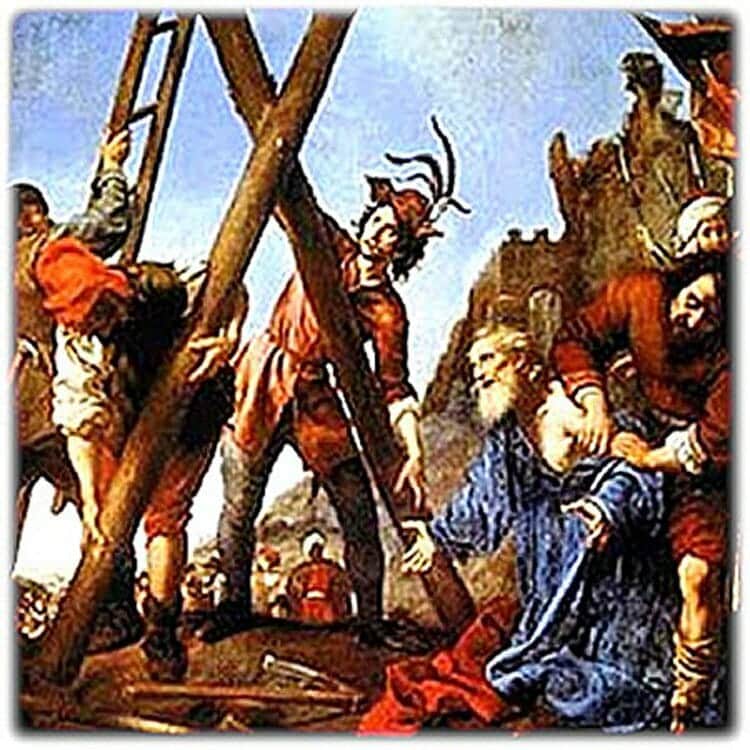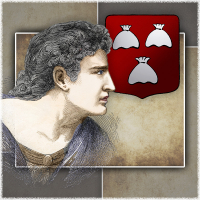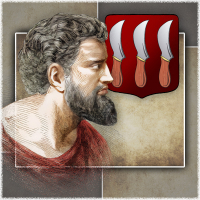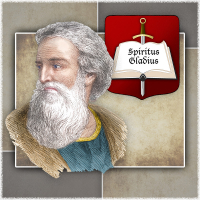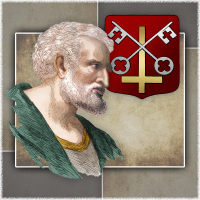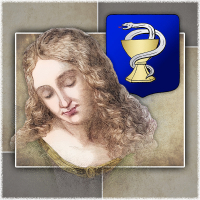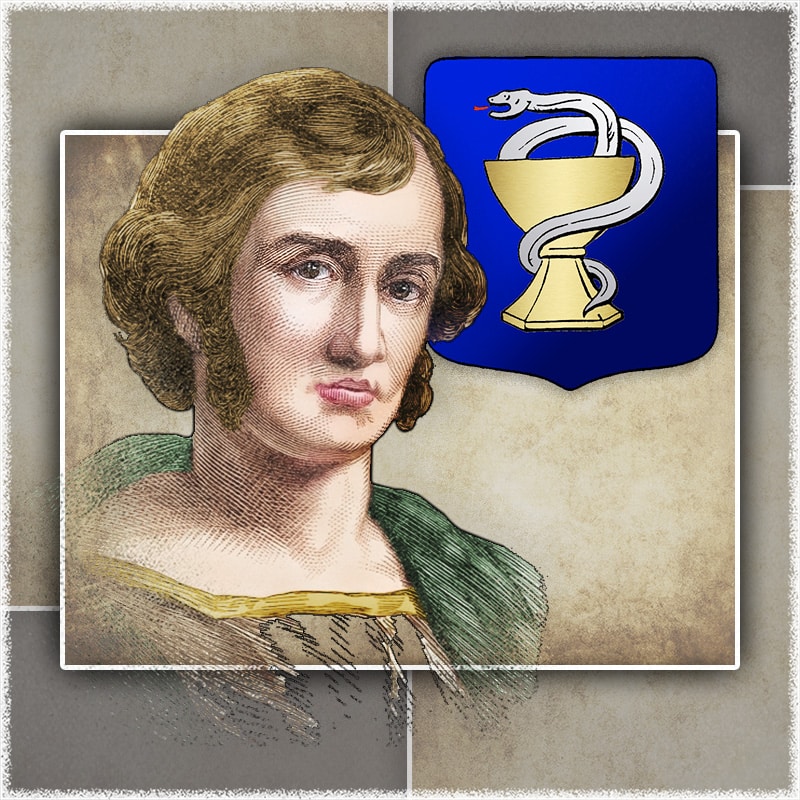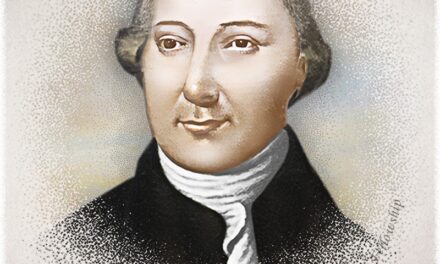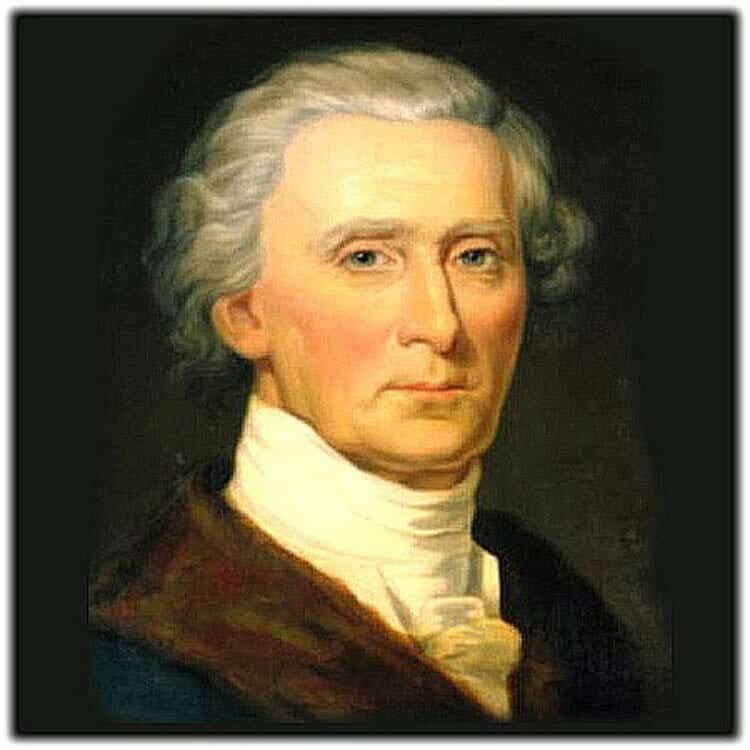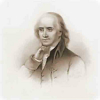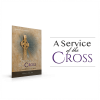Remembering the Apostle Andrew
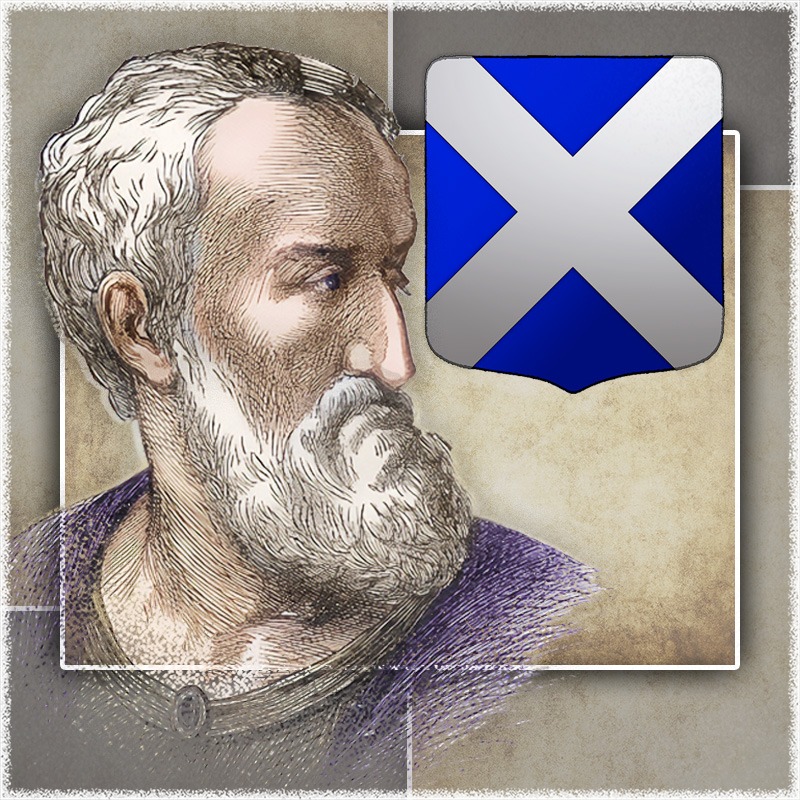
The Apostle Andrew, the brother of St. Peter, carried the Gospel to many Asiatic nations, beginning his missionary endeavors in the Provinces of Vithynia and Pontus on the southern shores of the Black Sea. It is believed that he subsequently traveled to the City of Byzantium where he established a church.
In one of his missionary tours to Achaia (Greece), Andrew visited the city of Patras where his preaching and miracles drew many to Christ, including Maximilla, the wife of the Roman Proconsul, Aegeates. The Proconsul's own brother, Stratoklis, followed the example of his sister-in-law, Maximilla, and became a Christian as well. Andrew, realizing the sincerity of his faith consecrated Stratoklis to the office of Bishop of Patras.
Proconsul Aegeates was infuriated by the conversion of the members of his own family and submitted to the urging of the idolaters who advised him to crucify Andrew. The Apostle was tied upside down to an X-shaped cross that his death might claim him more slowly. In this situation, he preached to his executioners and all who passed by for two days before expiring on November 30, the day in which his life is remembered in the East. His body was tenderly removed from the cross by Bishop Stratoklis and Maximilla who gave him a burial befitting of his office as apostle. Just as his brother Peter has attained a place of great prominence in the Western Church, Andrew has attained similar prominence in the East.
Apostolic Symbol
Tradition says that while Andrew was preaching in Greece he was put to death on a transverse cross, resembling our capital X, and so he is known in every school of art as an old man leaning on a cross of this type, with the Gospel in his right hand.
Martyred: The exact day Andrew was martyred is unknown
Annual memorial: November 30 is the day the Western Church has remembered the life and ministry of the Apostle Andrew
America deserves to know its true heritage.
Please contribute today!
Related Articles

